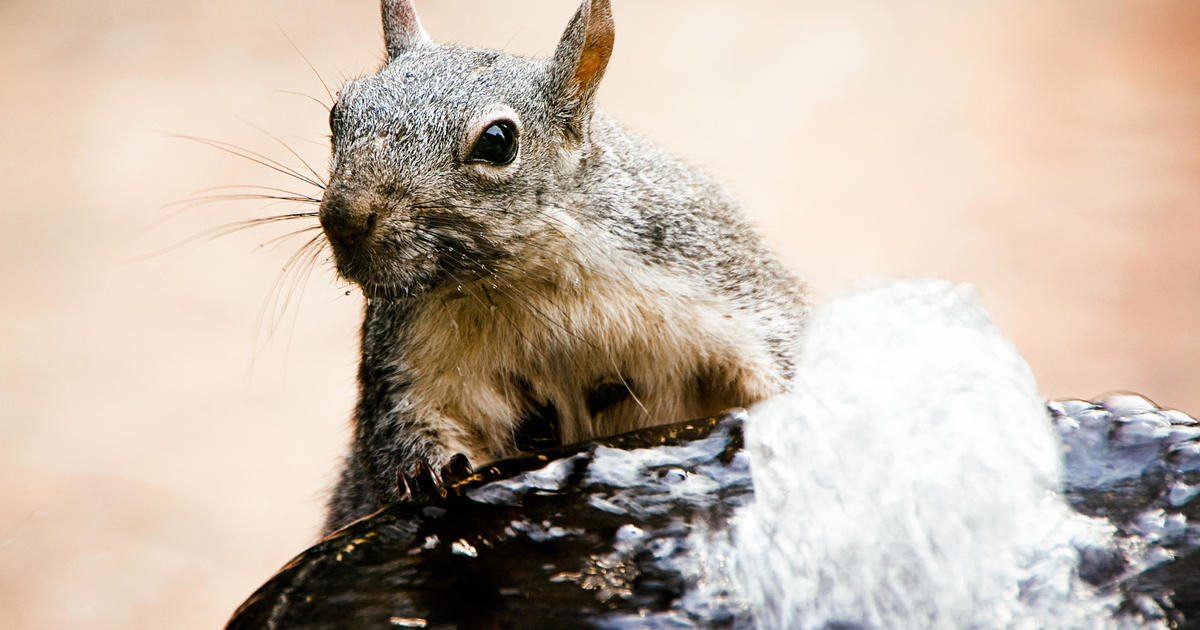The idea that the driver of this decline is hot and dry weather seems dubious when the species is doing better in the warmer and drier states of Oregon and California.
I think habitat loss is the main issue here. This species mainly inhabits areas with closed canopy of large, mature pines and oaks. These species are less common in Washington which may explain their tenuous status there. Climate change may actually cause pine and oak to expand in Washington, which could even be beneficial compared to traditionally abundant conifer forest.
The hot and dry is a considerable contributor to the habitat loss though, from fires and disease. While tree species better adapted to those conditions may eventually come in, that is still habitat loss for a time to the squirrels.
we’ve got a fair share of pine trees but oak? havent seen an oak that someone didnt plant - isnt oak a midwest/east coast thing?
There is only one species native to WA I think but CA has around 20 or so. They generally prefer warmer and drier conditions than you’ve got.
ah, that’d explain it - thanks!
We have oak trees here in Victoria BC so I reckon it should be native in Washington too
Say what? They have completely out competed our native red squirrels here in the UK. We have shit loads of grey squirrels, hit us up if you want a top up
If even squirrels are going down, it’s sign we’re really speedrunning that sixth mass extinction.
I read the title as “western gay squirrels” and got super confused.
I suppose finding anyone that has the ability to actually do something about this is going to be next to impossible and the responsibility will be placed solely on those that have barely contributed to it instead.




